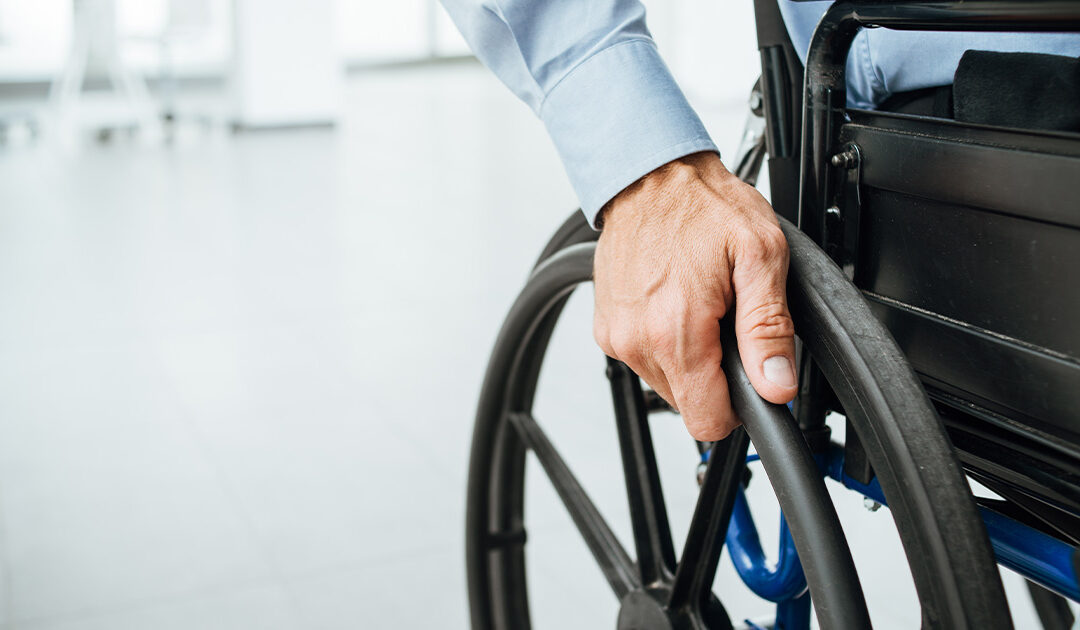On the 33rd anniversary of the Americans with Disabilities Act (ADA), the U.S. Department of Transportation (DOT) announced a new rule requiring airline lavatories to be more accessible.
This rulemaking, authorized by the Air Carrier Access Act (ACAA), would require airlines to make lavatories on new single-aisle aircraft large enough to permit a passenger with a disability and attendant, both equivalent in size to a 95th percentile male, to approach, enter, and maneuver within as necessary to use the aircraft lavatory. Vice President Kamala Harris and U.S. Transportation Secretary Pete Buttigieg previewed this rule at a White House ADA Anniversary event earlier in July.
“Traveling can be stressful enough without worrying about being able to access a restroom; yet today, millions of wheelchair users are forced to choose between dehydrating themselves before boarding a plane or avoiding air travel altogether,” said U.S. Transportation Secretary Pete Buttigieg. “We are proud to announce this rule that will make airplane bathrooms larger and more accessible, ensuring travelers in wheelchairs are afforded the same access and dignity as the rest of the traveling public.”
The announcement builds on the Biden-Harris Administration’s major investments in making infrastructure more accessible:
- DOT has awarded billions of dollars through President Biden’s Bipartisan Infrastructure Law to modernize airport terminals, including adding wheelchair ramps, accessible restrooms, and more.
- Last December, DOT awarded nearly $700 million through its All Stations Accessibility Program to retrofit old rail and subway stations, adding elevators, ramps and other improvements. The program, funded through the infrastructure law, is designed to improve the accessibility of transit rail stations so everyone, including people who use wheelchairs, push strollers or cannot easily navigate stairs, can reliably access the rail systems in their communities.
- DOT has begun laying the preliminary groundwork for a potential future rule that would address passengers staying in their own wheelchairs when they fly.
- DOT is currently working on rules that would require better training for airline staff who physically assist passengers with disabilities or handle battery-powered wheelchairs or scooters.
- DOT is working with industry, academia, and federal partners to ensure that vehicles of the future—including automated vehicles, electric vehicles and associated charging infrastructure—are designed inclusively.
The rule can be found here and at regulations.gov, docket number DOT-OST-2021-0137.
For information about airline passenger rights, as well as DOT’s rules, guidance and orders, visit the Department’s aviation consumer website.
Courtesy of Groups Today.

